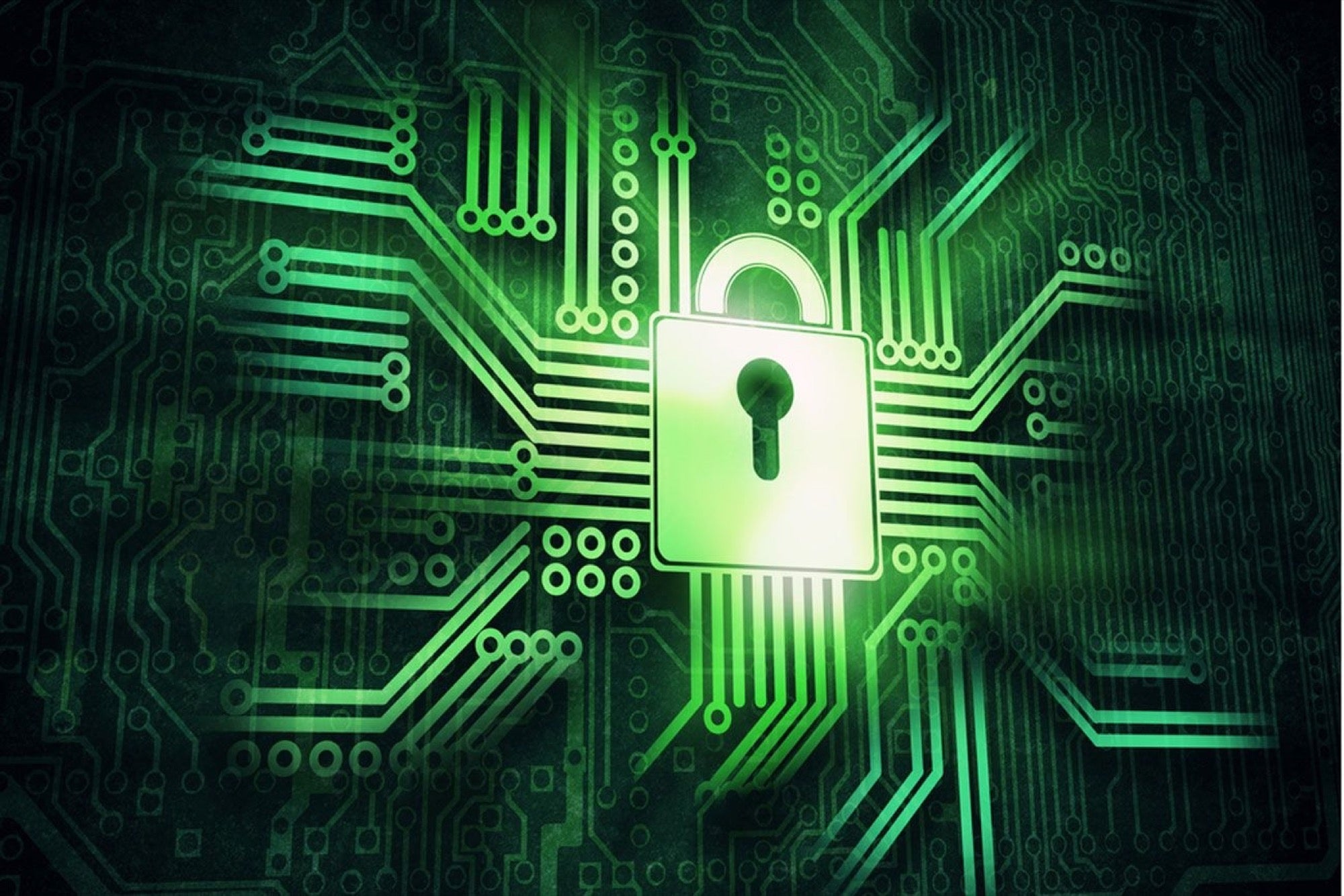Trump Signs Executive Order on Cybersecurity The president acknowledged that the federal government's IT infrastructure is outdated, and called for executive branch agencies to move some services to the cloud.
By Tom Brant
This story originally appeared on PCMag

President Donald Trump signed an executive order on Thursday that calls for a wide-ranging review of the federal government's cybersecurity protocols and directs executive branch agencies to upgrade their IT infrastructure.
The order does not differ significantly from the cybersecurity policies of former President Barack Obama's administration, according to Politico, but it does acknowledge that the government's IT infrastructure leaves much to be desired. It specifically mentions the threats posed by botnets and requires the Departments of State, Treasury, Homeland Security and others to submit a cybersecurity status report within 90 days.
"The executive branch has for too long accepted antiquated and difficult–to-defend IT," Trump's order reads. "Known vulnerabilities include using operating systems or hardware beyond the vendor's support lifecycle, declining to implement a vendor's security patch, or failing to execute security-specific configuration guidance."
Because of this antiquated and vulnerable infrastructure, an estimated 80 percent of the $80 billion federal IT budget goes toward maintaining existing systems, according to Politico. It's unclear how much modernization would cost, but the order does direct executive branch agencies to seek shared IT services like cloud-based email, which would likely increase security and lower server maintenance costs.
Obama's last federal budget, announced in February 2016, sought $3.1 billion for technology modernization at various federal agencies.
In addition to boosting the government's own IT security, the Trump administration also wants to help private companies combat against cyberthreats. Much like Obama, who appointed a "cybersecurity czar" shortly after taking office, Trump announced in January that former New York City mayor Rudy Giuliani would liaise between the government and the private sector on cybersecurity matters.










